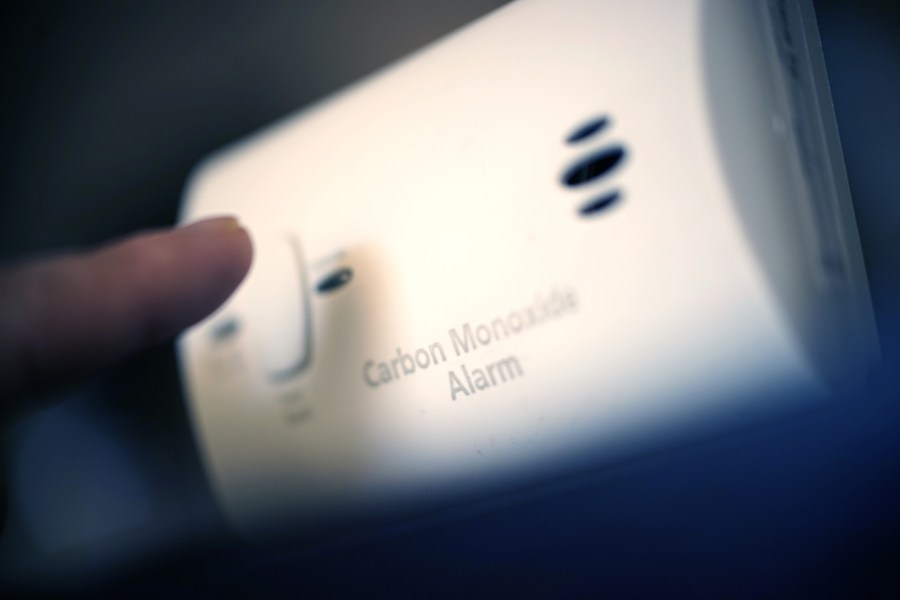NASHVILLE, Tenn. (WKRN) — Ahead of a blast of frigid, arctic air expected in Middle Tennessee next week, experts at the Tennessee Poison Center want to remind everyone to be careful they don’t give themselves carbon monoxide poisoning in their search for more heat.
According to Tennessee Poison Center Medical Director Dr. Rebecca Bruccoleri, carbon monoxide (CO) gas is an odorless, colorless gas that is a byproduct of incomplete burning of fuel.
It is considered one of the top causes of accidental poisoning death in the U.S., according to the Tennessee Poison Center.
The way CO works, according to Bruccoleri, is by binding to the chemicals in your blood and preventing your blood from being able to use oxygen the way it’s supposed to.
“Basically, it causes an internal suffocation when you have carbon monoxide poisoning and can be deadly,” she told News 2.
According to Bruccoleri, CO poisoning becomes more prevalent during the winter due to the increased use of supplemental heating devices, like space heaters, furnaces, and generators.
“If someone wants to use a generator, it cannot be used inside the house,” Bruccoleri told News 2. “It actually needs to be 25 feet away from the house, and you run a long extension cord to use it.
As Tennessee braces for the long stretch of winter months, Bruccoleri stressed that no one should ever be using a generator or fuel-burning heater inside the home, especially if there is a power outage.
“If there is a risk that the power goes out, the number one thing is do not run a generator in the house,” she said. “People will want to do it because it’s cold outside, but you have to get the generator out, 25 feet away from the home, and point the vent away from windows and doors of the house so the exhaust does not get inside.”
| READ MORE | Latest headlines from Nashville and Davidson County
Those with working fireplaces in their homes should make certain their chimney flues are open in order to allow the smoke and gases to escape outside and not be trapped indoors.
The symptoms of CO poisoning include headaches, dizziness, lightheadedness, nausea, vomiting, and shortness of breath. In that respect, Bruccoleri said they mimic the flu, but another big indicator is having multiple people in the home sick at the same time.
“If everybody has a headache and vomiting, it’s important to think, ‘Could this be carbon monoxide and not just a flu that’s going around,'” she said. “Another clue that something’s wrong is if the pets are sick, too.”
If that happens, Bruccoleri recommended immediately leaving the home and seeking medical attention, as well as calling the fire department.
A way to help prevent CO poisoning is purchasing a CO detector. Bruccoleri suggested having a detector for each floor of your home.
According to the Tennessee Poison Center, CO is lighter than air, so your CO detector should be located at least 5 feet above the ground. They should also be placed at least 10-20 feet away from any furnaces or other fuel burning sources, and 10 feet away from high-humidity areas such as bathrooms.
If you believe you have been exposed to carbon monoxide or are at risk of CO poisoning, Bruccoleri says you can call the Tennessee Poison Center at 1-800-222-1222. The Center is staffed 24/7, 365 days of the year by nurses, pharmacists, and physicians, as well as backup by board certified toxicologists.
Additionally, the fire department is a huge resource, as they are likely the ones who will be required to check the home for carbon monoxide levels before anyone can reenter.




